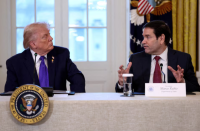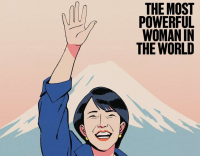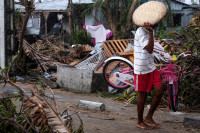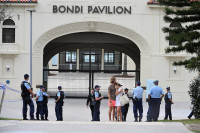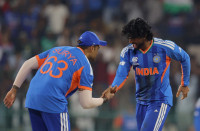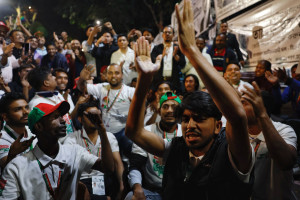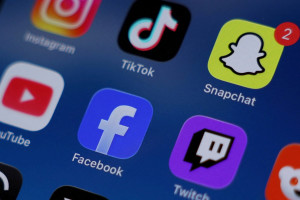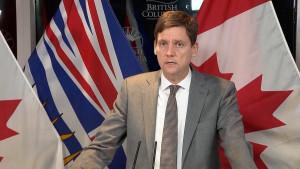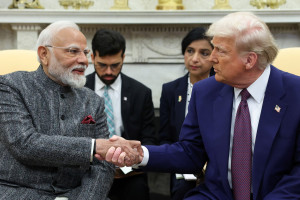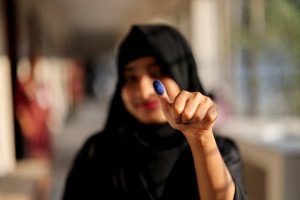World
UNESCO: Two-thirds of content creators fail to verify fact
The report, “Behind the Screens: Insight From Content Creators”, published on November 26, surveyed 500 online content creators from 45 countries and territories through an online poll.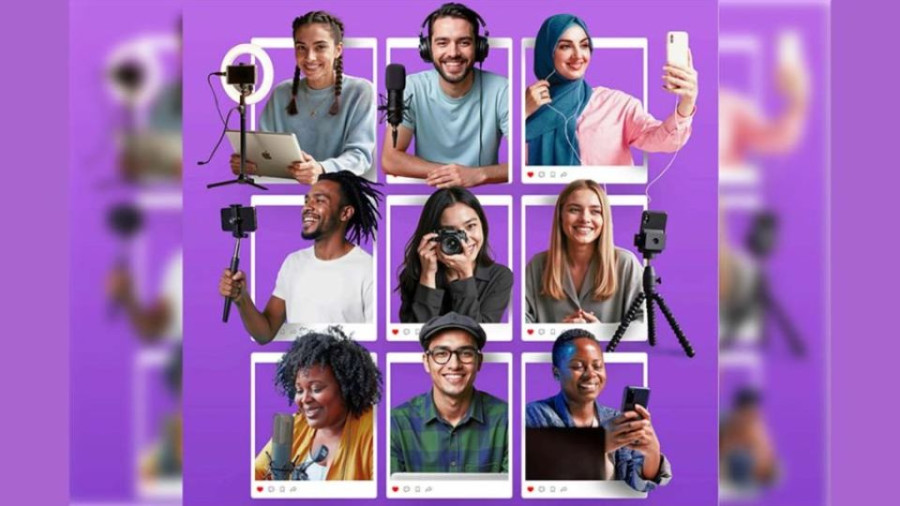
The Phnom Penh Post
A recent UNESCO report revealed that two-thirds of social media content creators do not verify whether the information they post is accurate.
Furthermore, 73 percent of surveyed creators expressed a desire for training on fact-checking.
The report, “Behind the Screens: Insight From Content Creators”, published on November 26, surveyed 500 online content creators from 45 countries and territories through an online poll. Additionally, 20 creators were interviewed in-depth to understand their practices and challenges.
The findings show that they struggle to evaluate the credibility of the information they encounter online before sharing it. About 42 percent of respondents admitted they rely on the number of likes and shares a piece of content receives to determine its accuracy.
The survey also highlighted that 59 percent of creators are unfamiliar with legal frameworks and international digital regulations. Just over half said they were aware of training programmes on this topic, but only 13.9 percent expressed an interest in attending such sessions.
A lack of knowledge about fact-checking processes leaves some content creators vulnerable to legal uncertainties, potentially leading to sanctions or prosecution in some countries.
Of the respondents, 26 percent said they create content to share knowledge, 23.8 percent to earn income, and 23.4 percent for entertainment purposes.
Most of the shared content was based on personal experiences (58.1 percent), personal research (38.7 percent), and news sources (36 percent). Topics primarily revolved around lifestyle, beauty, travel, food and gaming. Instagram (34 percent), Facebook (25 percent), TikTok (16.4 percent), and YouTube (9 percent) were the most commonly used platforms.
Audrey Azoulay, UNESCO director-general, noted that digital content creators have acquired an important place in the information ecosystem, engaging millions of people with cultural, social or political news.
“But many are struggling in the face of disinformation and online hate speech and calling for more training. As part of its mandate for media and information literacy, UNESCO will support them through the first-ever global training course,” she added.
Azoulay added that UNESCO is committed to supporting those who seek training on verifying information before publishing it.
UNESCO’s first global fact-checking training programme was launched this month, with 9,000 participants from 160 countries.
-In Association with ANN




 12.12°C Kathmandu
12.12°C Kathmandu
